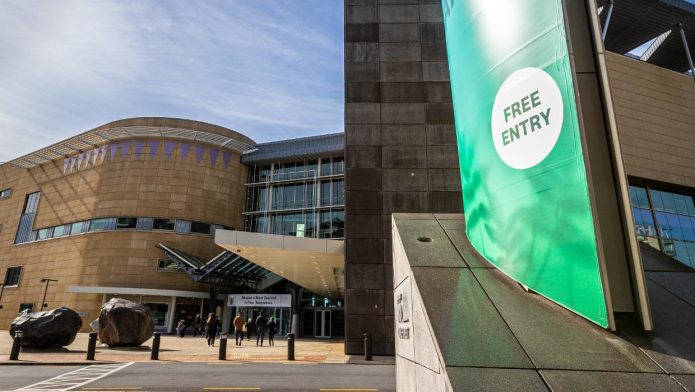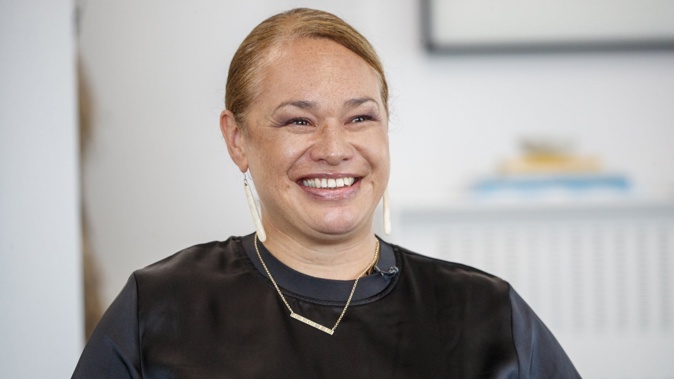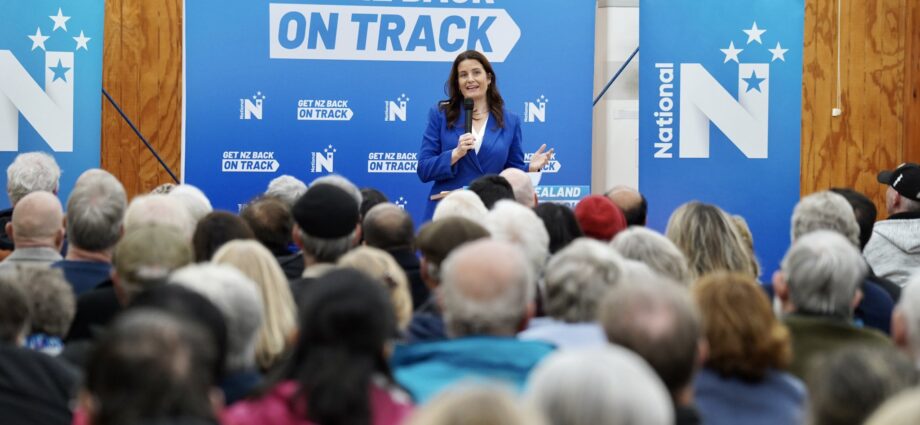PHOTO: National’s finance spokeswoman, Nicola Willis. @NicolaWillisMP
For the National Party to achieve its promised tax income of $740 million, foreign buyers would need to invest approximately $5 billion in Kiwi property each year. This amount is roughly equivalent to acquiring nearly half of all homes priced at $2 million or more that were sold last year.
The National Party recently announced its plan, stating that if elected, it will permit foreign buyers to purchase any New Zealand home priced at $2 million or more, provided they pay a 15 percent tax on the sale price. This policy is expected to generate $740 million in annual revenue, requiring foreign buyers to engage in transactions totaling $4.9 billion annually at a 15 percent tax rate.
According to property analysts Valocity, in the previous year, the total sales of homes priced at $2 million or more in New Zealand amounted to $11.5 billion, and in 2021, these sales reached a record high of $17.2 billion. These figures imply that foreign buyers would need to acquire between 30 to 50 percent of all high-end homes each year to meet the National Party’s objectives.
It’s worth noting that before the government imposed a ban on foreign buyers in 2018, their involvement in New Zealand’s housing market was typically less than 3 percent of all property sales.
Economist Brad Olsen of Infometrics mentioned that National’s projections appear optimistic, but without more details, it is challenging to assess their feasibility. National’s proposals, which include allowing foreign buyers back into New Zealand and introducing tax cuts favorable to property investors, could potentially reignite housing-related issues ahead of the October election.
National Party to Reverse Foreign Buyer Ban: Implications for Housing Prices
National Party has claimed that its foreign buyer tax plan has been independently assessed and downplayed concerns by suggesting that increased foreign demand would primarily impact the upper end of the housing market, without significantly raising prices across the entire market.
However, Finance Minister Grant Robertson criticized National’s calculations as “voodoo costings” and questioned the sudden emergence of so many foreign buyers. Additionally, the Labour Party argued that the 15 percent tax may not be applicable to Chinese buyers due to a Double Tax Agreement signed with China in 2019.
According to one scenario modeled by the Herald, National’s policy might have only generated $64 million in tax revenue in 2021, despite the country experiencing a record-breaking sales boom.
Auckland University tax specialist Professor Craig Elliffe emphasized the importance of National providing more details about its costings, as is customary with election promises. If National forms a government after the election and fails to generate the promised $740 million in taxes, it may need to introduce other taxes or make budget cuts elsewhere.
National’s finance spokeswoman, Nicola Willis, stated that the tax plan was formulated by analyzing statistics of foreign buyers before and after the ban imposed by the Labour Party. The party also estimated changes in buyer behavior by examining the outcomes of similar taxes in other countries, with this modeling approach being verified by their external reviewer, Castalia.
Notably, National’s current belief that substantial tax income can be generated from foreign buyers contrasts with previous comments from the party. Former National finance spokeswoman Amy Adams, for instance, opposed the ban in 2018, emphasizing that foreign buyers constituted a very small portion of the real estate market.
Proponents of National’s plan argue that allowing foreign buyers to invest in New Zealand would lead to increased investment and spending in the country’s economy. They contend that these buyers bring their own funds, hire local workers, and pay taxes. For example, a U.S. individual who purchased a $4 million to $5 million holiday home in New Zealand subsequently started a company employing over 100 New Zealanders.
While these arguments may appear reasonable on the surface, there is a lack of concrete evidence demonstrating that foreign home buyers bring substantial investment with them, according to Olsen.
Real estate agent’s tongue-in-cheek response to vandals











